Well, we managed to escape from England’s lack of summer finally in September and have just returned to a shortage of gasoline caused by a lack of oil tanker drivers in the UK. The pig industry is suffering from a lack of some 7000 abattoir butchers. An absence of turkeys is also being foreseen at Christmas as a result of a similar number of vacancies. The situation post-Brexit, the limitations on shipping and costs could also mean a shortfall of our beloved Christmas trees.
We had escaped to the Cote D’Azur.
We drove down from the UK, stopping off in Vinay, which is surrounded by Champagne’s glorious vineyards as far as the eye can see, and of course, at dinner we drank some of the local produce. The following night we stopped in Vichy. Vichy is known for a number of things including its water, which is rich in sodium bicarbonate, lithium and fluorine, as a result of ancient volcanic activity in the region. I believe those minerals have health benefits.
Saint Pourcain is the appellation for the wines produced in this region of Auvergne. The grapes are Gamay, Pinot Noir, Chardonnay and the less well known Tressallier. Sacy as the Tressallier grape is also know is an early ripening grape which is low in acidity and alcohol.

We spent three blissful weeks on the Cote D’Azur.
Reluctantly, we were returning to the UK, with a car full of champagne for samples, we stopped off first in Bagnols which is in the region of Beaujolais. The first thing we saw were probably tourists going into the vineyards to pick grapes. That wasn’t really for us. We prefer to taste wine rather than being involved in its production.
Our final stop on the way back was in Honfleur. Honfleur is in the region of Normandy, which is better known for its cider and calvados. Driving through the area surrounding Honfleur one can find a good number of farms selling calvados directly to the public. They are well worth investigating.
I mention Honfleur because if you get a chance, you really must visit. It is one of France’s most charming towns.

Its old port features houses painted in different attractive colours. The town has attracted many artists and authors. The cobbled streets, the fish market and the half-timbered houses are really worth a visit.
Well, enough of the high-level tour guide. There are few things we noticed on our travels.
- This will only be of interest to readers in the UK but on our 2500km return journey we only saw one GB registered truck.
- We could only bring into the UK 9 litres of Champagne per person. Before our divorce from Europe the allowance was limitless for our own consumption.
- The upscale restaurants at the hotels we stayed at, due to Covid, had adopted more limited and less exciting menus in our view.
- The local restaurants had upped their game to win and attract customers. We enjoyed excellent meals from simple restaurants in our locale.
- Talking with various vineyards and wine merchants, we were told that France had experienced their worst year in decades for wine production.
This last item was discussed in our Blog dated Apr 12, 2021 entitled “Cold Blast ruins the Magnolia blooms in my garden!”.
It was forecast that 2021 was not going to be a bumper year for wine production due to unseasonal cold weather in April. It was estimated that some 80% of vineyards were affected.
Recently, the French agricultural ministry announced that frosts in late spring will result in a 29% reduction in output. Particularly badly affected are early ripening varieties of grapes such as Chardonnay, which is used in the production of Champagne. Merlot has also been impacted.
Concerns have also been expressed about mildew fungus, again adversely impacting production levels.
It does not rain, it just pours. Had there been rain, the additional blow caused by forest fires in Provence this summer would have been reduced. But it didn’t rain on demand.

The bad news is that we are likely to see the lowest levels of wine production in France since about 1970.
Little of this is unexpected.
A shortage of petrol, turkeys and Christmas trees may be unavoidable in the UK.
But a shortage of Champagne for Christmas in Australia can be avoided with a little bit of planning.
Contact us to avoid such a catastrophe at info@boutiquewineandchampagne.com


